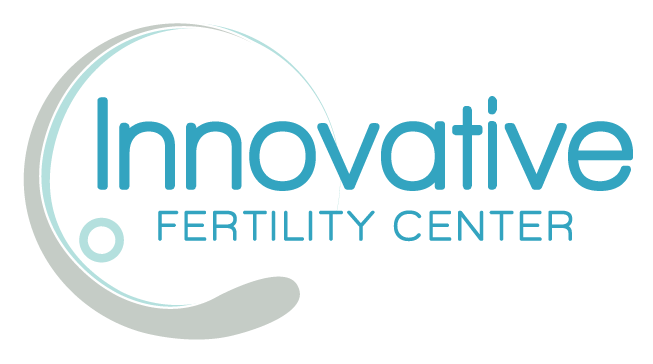 Clomid for Super Ovulation
Clomid for Super Ovulation
When you experience trouble getting pregnant, your obgyn starts to resemble a super hero. He or she has likely served as your first line of defense against women’s health threats, so why wouldn’t you remain loyal during infertility treatment?
Dr. Mark Rispler, with Innovative Fertility Center, explains that a fertility specialist focuses on just one women’s health subspecialty: reproductive medicine. Fertility specialists are dual board certified as obgyn and reproductive endocrinologists (REs). Years of advanced training and clinical experience makes them uniquely qualified to diagnose and treat infertility in men and women.
Ovulation disorders cause female infertility
One of the most common causes of female infertility, ovulation disorders prevent pregnancy and can cause months and years of frustration. An ovulation disorder occurs when the body fails to produce and release an egg every month. Dr. Rispler expertly manages controlled ovarian stimulation to induce ovulation.
What is Super Ovulation with Clomid?
Clomiphene Citrate (under the brand name Clomid) in conjunction with timed intercourse or intrauterine insemination (IUI) can produce excellent results, provided a fertility specialist determines the cause of ovulatory dysfunction. Your obgyn may prescribe and monitor a treatment cycle, but if underlying causes such as PCOS, tubal factors, male infertility or thyroid disease are left untreated, even super ovulation can disappoint month after month.
If you suspect you have an ovulation disorder and have already tried Clomid for three or more months, contact Innovative Fertility Center for an appointment with Dr. Rispler. Finding the cause of infertility is the first step in making your dreams of becoming a mother come true.
For more information about Clomid Stimulation visit www.innovativefertility.com

